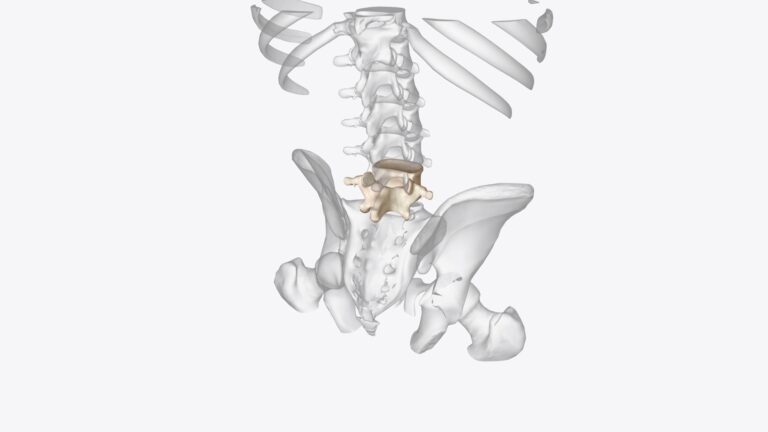Your knees are pivotal to your mobility, supporting you in countless activities, from walking and climbing stairs to running and exercising. Taking care of these crucial joints is essential, as knee injuries or pain can severely impact your quality of life. Fortunately, preventing knee damage and promoting joint health is achievable with a few simple strategies.
1. Strengthen Your Muscles One of the best ways to support your knees is by strengthening the muscles around them. Focus on exercises that target your quadriceps, hamstrings, and calves. These muscles stabilize your knee joint, reducing the risk of injury. Low-impact activities like swimming, cycling, or using an elliptical machine can enhance muscle strength without placing excessive strain on your knees.
2. Maintain a Healthy Weight Carrying excess weight increases pressure on your knee joints, making them more prone to wear and tear. For every pound of extra weight, your knees bear an additional 4 pounds of pressure during movement. Maintaining a healthy weight can help relieve this strain, improving your knee health and reducing your risk of osteoarthritis.
3. Prioritize Proper Footwear Wearing appropriate footwear is crucial to maintaining knee joint health. Choose shoes that provide adequate support and cushioning, especially if you’re active. If you have flat feet or other structural imbalances, consider using orthotics or custom insoles to align your body and reduce stress on your knees.
4. Warm Up and Stretch Before engaging in any physical activity, ensure that you warm up properly to get your blood flowing and increase flexibility. Stretching your quadriceps, hamstrings, and calves can enhance mobility, reduce muscle tightness, and decrease the likelihood of injuries. Always stretch gently, and never force your joints into painful positions.
5. Avoid Overuse Repetitive activities or overuse can lead to knee injuries such as tendinitis or bursitis. Listen to your body and take breaks when needed. If you’re engaged in high-impact activities, mix them up with low-impact exercises to give your knees a break and prevent unnecessary strain.
6. Seek Professional Guidance If you experience persistent knee pain or discomfort, consult a healthcare professional. Early intervention can prevent minor issues from escalating into major problems. Physical therapy and personalized exercise programs can help you strengthen your knees and improve mobility.
Disclaimer: The information provided in this blog post is for general informational purposes only and should not be considered professional advice. Before making any health-related decisions, consult with a qualified healthcare professional. The content is not a substitute for medical advice, and individual results may vary. The author and website are not responsible for any consequences arising from the use of the information provided. Use your best judgment and seek professional advice when needed.

